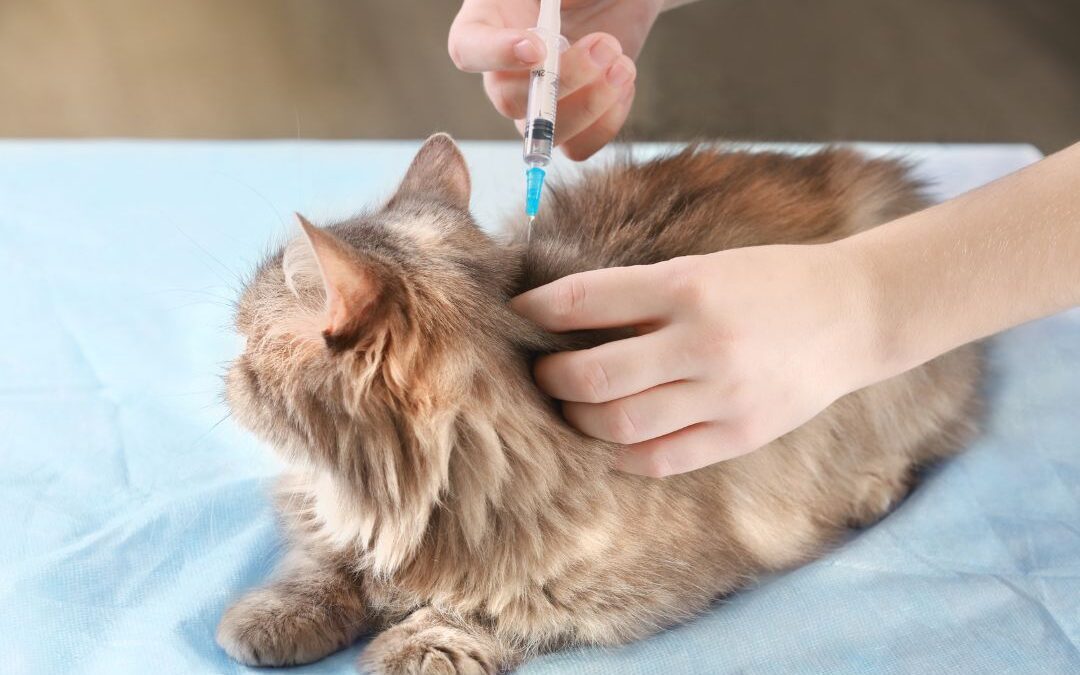Pets are not just animals we keep for companionship; they are beloved members of our families. As responsible pet owners, it is crucial to ensure their well-being and health. Vaccinations play a significant role in protecting our furry friends from various diseases. However, achieving full immunization requires more than just the initial rounds of vaccines. In this blog, we delve into why pets need vaccine boosters to be considered fully immunized.
Understanding Vaccinations
Vaccinations are essential for pets to prevent them from contracting potentially deadly diseases. They work by stimulating the pet’s immune system to produce antibodies against specific pathogens, effectively priming the body to recognize and fight off these invaders. Typically, vaccinations are administered in a series of doses, usually starting when the pet is a puppy or kitten and continuing throughout their lives.
The Importance of Boosters
While the initial rounds of vaccinations provide essential immunity, they may not confer lifelong protection. Many vaccines require booster shots to ensure that immunity remains strong and effective over time. Boosters help to “remind” the immune system of the initial vaccination and strengthen its response, thereby extending the duration of protection.
Factors Affecting Immunity
Several factors influence the duration of immunity conferred by vaccinations in pets. These include the type of vaccine, the pet’s age, health status, environmental factors, and the prevalence of the disease in the pet’s community. Additionally, some vaccines provide longer-lasting immunity than others, necessitating different booster schedules.
Preventing Disease Outbreaks
One of the primary reasons for administering vaccine boosters is to prevent disease outbreaks among pets. Even if a significant portion of the pet population is initially vaccinated, immunity levels can wane over time, leaving pets vulnerable to infections. Boosters help to maintain herd immunity, which is crucial for protecting not only individual pets but also the entire pet population.
Compliance with Veterinary Recommendations
It is essential for pet owners to follow their veterinarian’s recommendations regarding vaccination schedules and boosters. Veterinarians are trained to assess each pet’s individual needs and risks and tailor vaccination protocols accordingly. Skipping booster shots or delaying vaccinations can leave pets susceptible to preventable diseases and compromise their health and well-being.
Common Vaccines Requiring Boosters
Several vaccines commonly administered to pets require booster shots to maintain immunity. These include vaccines for rabies, distemper, parvovirus, adenovirus, bordetella (kennel cough), and feline leukemia virus (FeLV), among others. Pet owners should consult with their veterinarians to ensure that their pets receive all necessary boosters.
Vaccine boosters are a crucial aspect of pet healthcare, ensuring that our furry companions remain fully immunized against preventable diseases. By staying up-to-date with vaccination schedules and boosters, pet owners can safeguard their pets’ health and contribute to the overall well-being of the pet community. Remember, a healthy pet is a happy pet! Contact us today to schedule your pet’s boosters.

